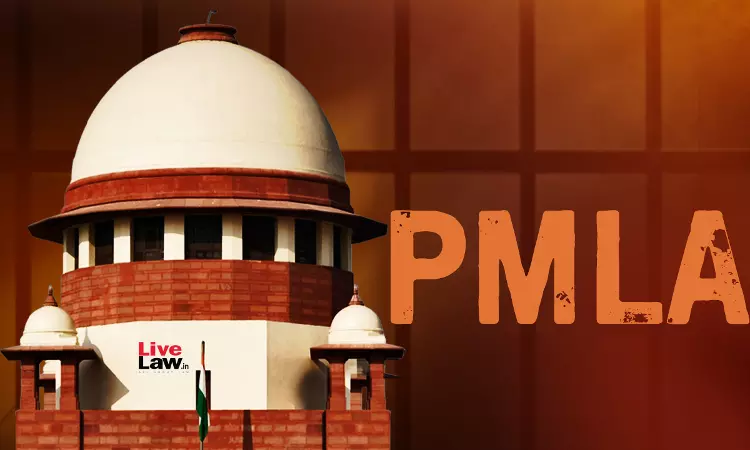The Supreme Court yesterday (December 19) set aside an order of the Gauhati High Court which quashed summons under the Prevention of Money Laundering Act, 2002, (PMLA) to investigate proceeds of crime involved money laundering on grounds that the Respondent was discharged in scheduled offence (offences related to property in this case). A bench of Justices MM Sundresh and Aravind Kumar...

